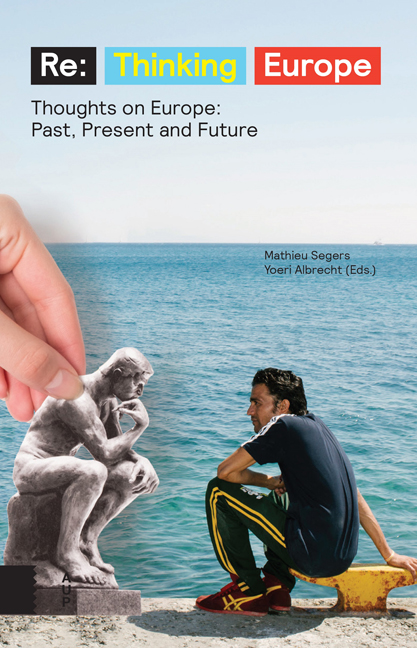Extracts from a press conference
Published online by Cambridge University Press: 07 January 2021
Summary
Paris, 5 September 1960
Q. Journalist No. 3
Mister President, could you enlighten us about the projects of European cooperation that you have recently presented to the German, Dutch and Italian leaders, and also tell us, if possible, what are your hopes and perspectives on the subject, taking into account what you know of the discussions that took place between Mister Macmillan and Chancellor Adenauer?
A. Charles de Gaulle
With the Prime Minister, the Minister of Foreign Affairs and others, in accordance with a perfectly defined policy observed by the government, we have as of late inaugurated a series of consultations with the heads of states and governments of Western European countries, more specifically, the ones in Europe we call “The Six”. However, this has not stopped us from seeing the British Prime Minister, and we do hope will not stop us from seeing him again occasionally, which will undoubtedly be a good opportunity.
Building Europe and uniting it is obviously something essential, but trivial to say. Why should this hearth of civilisation, of force, of reason and of prosperity choke under its own ashes? In such a case, we must only proceed following realities and not dreams. So what are the realities of Europe? What are the pillars on which we can build it? Honestly, they are the States. States that are indeed very different from one another, each with their own soul, history, language, troubles, glories, and ambitions. States are the only entities to have the right to command and the power to be obeyed. Believing that one can build something efficient to act and be approved by the peoples outside and above States is an illusion. Of course, while waiting to address the problem of Europe in its entirety and head on, it is true that we were able to establish certain agencies that are more or less extranational or supranational. These agencies have their technical value, but they do not have any authority, and therefore are not efficient politically. As long as nothing terrible happens, they can function without too much hassle. However, once dramatic circumstances occur such as a major problem to be solved, we see then that such high authority has nothing on the various national categories, and only States have any authority.
- Type
- Chapter
- Information
- ReThinking Europe Thoughts on Europe: Past, Present and Future, pp. 185 - 190Publisher: Amsterdam University PressPrint publication year: 2016

